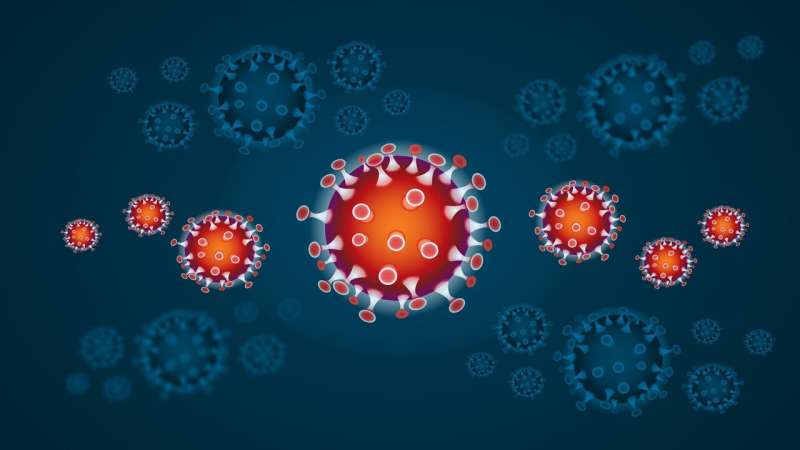
Tyler Sandberg, Center for Infectious Medicine (CIM) at the Department of Medicine, Huddinge is defending his thesis “B cell responses to human flavivirus vaccination and SARS-CoV-2 infection” on March 18, 2022. Main Supervisor is Professor Hans-Gustaf Ljunggren.
What’s the main focus of your thesis?
In summary, my thesis is about how antibody producing cells also known as B cells, become activated and produce antibodies after vaccination with different kinds of vaccines or during infection with SARS-CoV-2. B cells are part of our immune system and they produce antibodies and contribute to preventing future infections.
Which are the most important results?
Our most important results were probably the detection of antibodies and memory B cells in vaccinated patients and in recovered COVID-19 patients after infection, likely contributing to prevent future severe disease. The studies included in my thesis, focused on describing how B cells become activated and produce antibodies in adults after either vaccination against different flaviviruses such as yellow fever, TBE, and Japanese encephalitis or during and after SARS-CoV-2 infection. We collected blood samples from hospitalized patients and were able early on to assess the COVID-19 specific B cell and antibody responses. We were also able to collect samples from the patients after recovery, and found that they still had detectable levels of virus-specific antibodies, B cells, and T cells 9 months after infection. T cells are part of the immune system which help protect the body from infection.
How can this knowledge contribute to the improvement of people’s health?
When the COVID-19 pandemic broke out, we used the knowledge and skills learned from our vaccine studies, to help understand early B cell responses during SARS-CoV-2 infection in hospitalized patients. Hopefully the knowledge and information generated from our studies, can help in designing new vaccines and treatments against SARS-CoV-2 infection and other viral infections.
What are your future goals?
After my doctoral thesis defense, I will be joining the Swedish biotech company Mabtech that produces monoclonal antibodies used in academic and industry research settings. My goal is to help other researchers and companies improve their research utilizing the antibodies and other products designed and produced by Mabtech, with the hope of generating new knowledge and therapies against infections, cancer and more.
Karolinska Institutet

